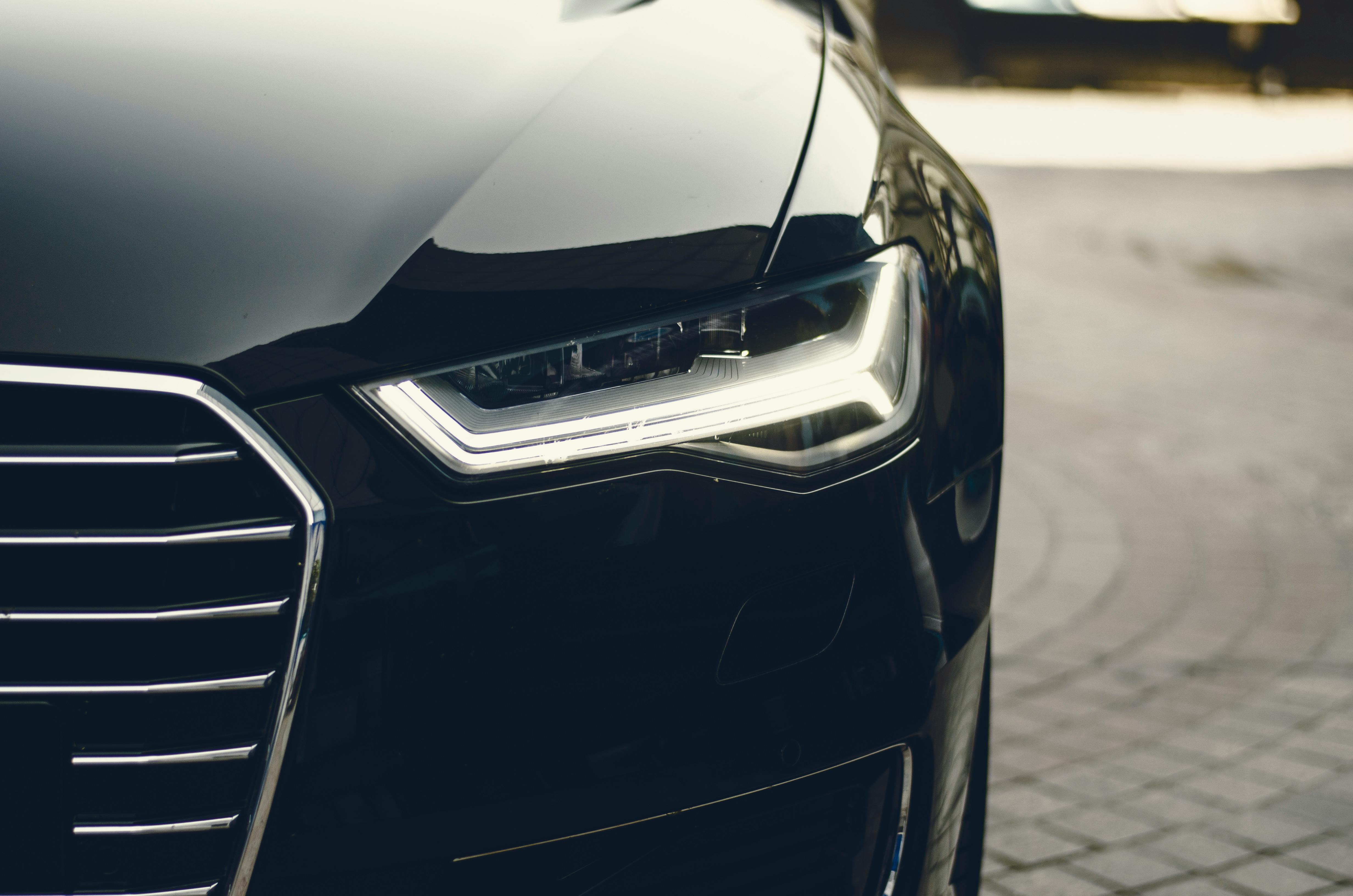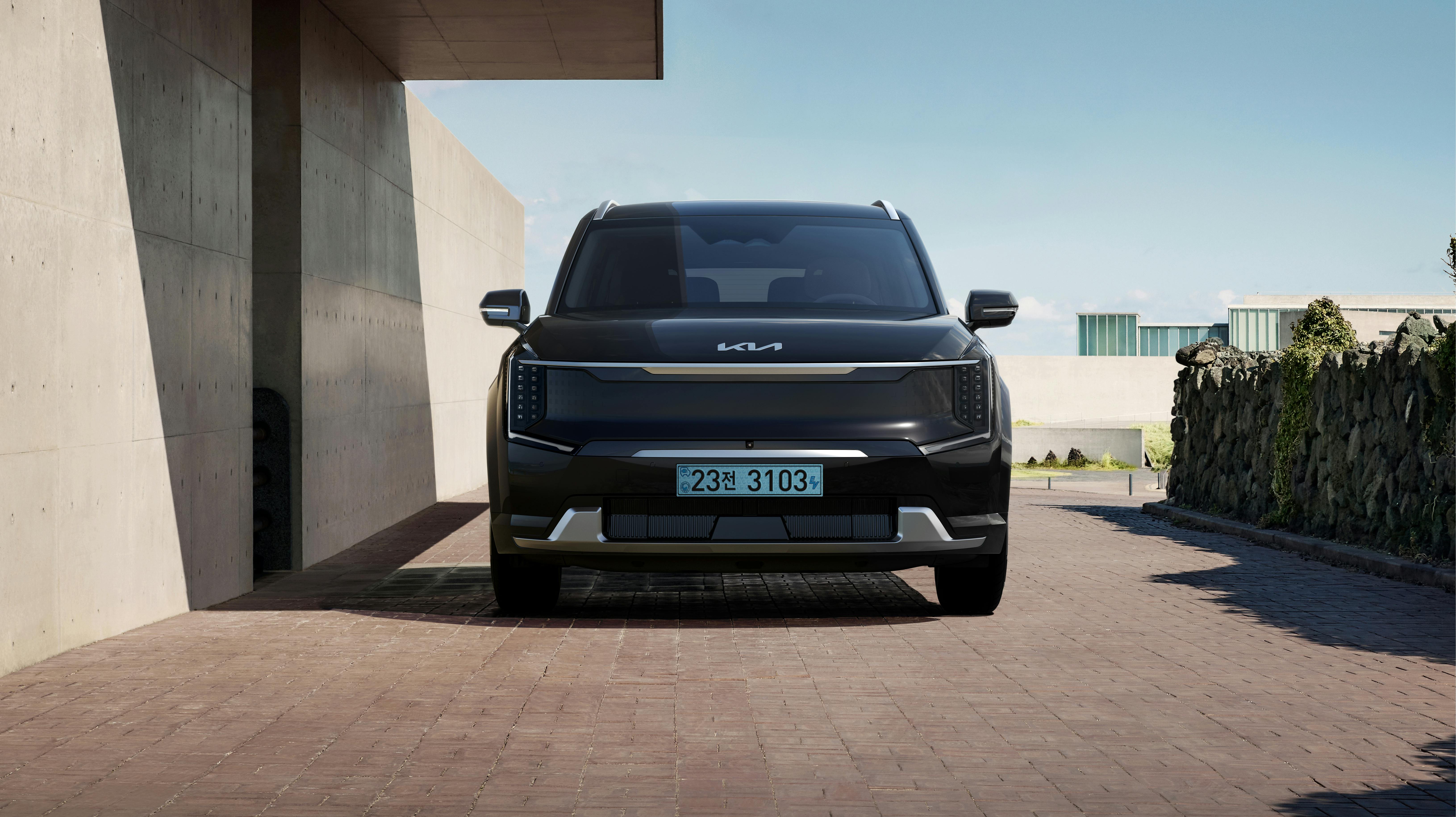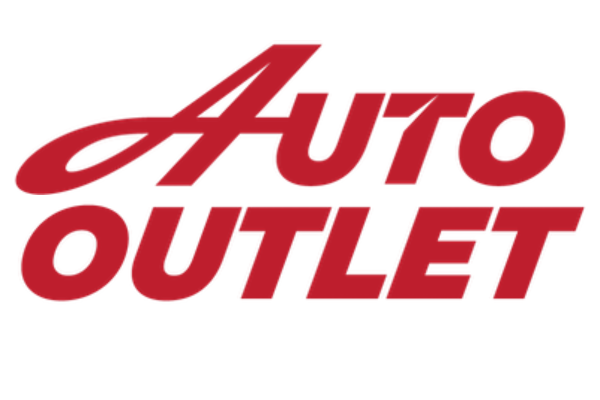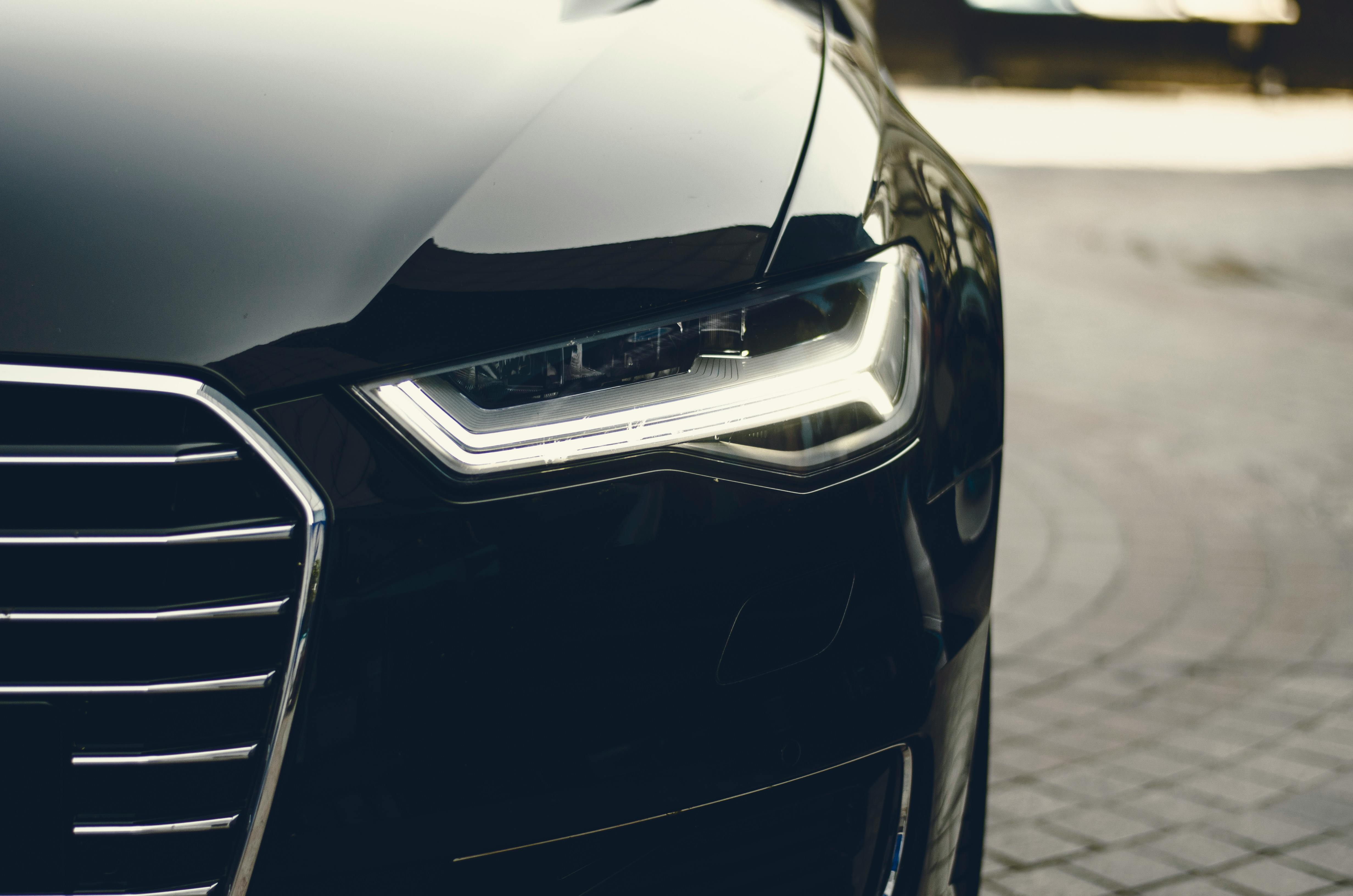New vs. Used Cars: Pros and Cons of Buying New Versus Used Cars
When it comes to purchasing a vehicle, one of the biggest decisions you'll make is whether to buy new or used. Both options come with their own set of advantages and drawbacks, and understanding these can help you make an informed decision that best suits your needs and budget. In this article, we’ll explore the pros and cons of buying new versus used cars, taking into account factors like depreciation, warranty, and more.

The Pros of Buying a New Car
Latest Technology and Features
One of the primary benefits of buying a new car is access to the latest technology and features. This includes advanced safety systems, improved fuel efficiency, and cutting-edge infotainment options. New cars often come equipped with the newest innovations designed to enhance the driving experience, providing added convenience and safety.
Customization Options
When purchasing a new car, you have the opportunity to customize it to your exact preferences. From choosing the exterior color to selecting optional packages and accessories, you can tailor the vehicle to meet your specific needs and tastes. This level of personalization is typically not available with used cars.
Full Warranty Coverage
New cars come with full manufacturer warranties, which offer peace of mind by covering repairs and maintenance for a specified period or mileage. This can save you significant money on unexpected repairs and ensure that your vehicle remains in top condition during the initial years of ownership.
Lower Financing Rates
Lenders often offer lower interest rates for new car loans compared to used car loans. As a result, financing a new car can be more affordable in terms of monthly payments, even though the vehicle's overall cost is higher. Additionally, manufacturers may provide incentives such as cash rebates or low-interest financing options to attract buyers.

The Cons of Buying a New Car
Rapid Depreciation
One of the most significant downsides to buying a new car is rapid depreciation. A new car can lose up to 20% of its value within the first year and continues to depreciate in the following years. This means that if you decide to sell or trade-in the vehicle a few years down the line, you may receive significantly less than what you initially paid.
Higher Initial Cost
New cars generally come with a higher price tag compared to used cars. This higher initial cost can be a barrier for some buyers, especially those on a tight budget. Along with the purchase price, new cars also incur additional expenses such as higher insurance premiums and registration fees.
The Pros of Buying a Used Car
Lower Purchase Price
The most apparent advantage of buying a used car is the lower purchase price. Used cars are generally more affordable, allowing you to get more value for your money. This can be particularly beneficial if you're looking for a specific model or features that would be out of your price range when new.
Slower Depreciation
While all vehicles depreciate over time, used cars tend to lose value at a slower rate compared to new cars. This means that a used car will retain its value better over the years, offering a more stable investment. If you decide to sell the car in the future, you’re likely to experience less financial loss compared to selling a new car after a similar period.
Lower Insurance Costs
Insurance premiums for used cars are generally lower than those for new cars. Since insurance is based on the vehicle’s value, a lower-priced used car will typically cost less to insure. This can result in significant savings over the life of the vehicle.
Reduced Registration Fees
In many regions, registration fees are based on the car’s age and value. As a result, used cars often incur lower registration costs compared to new cars. This can be another way to save money when purchasing a used vehicle.

The Cons of Buying a Used Car
Limited Warranty Coverage
While some used cars may still have remaining factory warranties, many do not. This means that you could be responsible for repair costs once the warranty expires. Although some dealerships offer certified pre-owned (CPO) programs with extended warranties, these vehicles usually come at a premium price.
Unknown History
One of the risks associated with buying a used car is the potential unknown history. Even with a vehicle history report, there might be undisclosed issues such as previous accidents, flood damage, or other hidden problems. It’s essential to have a trusted mechanic inspect the car before purchase to avoid costly surprises.
Fewer Customization Options
When buying a used car, you’re limited to the available inventory, which means you might have to compromise on color, features, and options. Unlike new cars, where you can choose specific configurations, used cars come as-is, potentially limiting your choices.
Potential for Higher Maintenance Costs
While used cars might be more affordable upfront, they can come with higher maintenance costs. Older vehicles may require more frequent repairs and replacements of parts that have worn out over time. It’s crucial to factor in potential maintenance expenses when budgeting for a used car.
Conclusion
Deciding whether to buy a new or used car depends on your individual needs, preferences, and financial situation. New cars offer the latest technology, customization options, and full warranty coverage, but come with higher initial costs and rapid depreciation. Used cars, on the other hand, provide a more affordable purchase price, slower depreciation, and lower insurance costs, but may have limited warranty coverage and potential unknown history.
At Applewood Auto Outlet, we understand the importance of making an informed decision when it comes to purchasing a vehicle. Our team is here to help you explore both new and used car options, ensuring you find the perfect fit for your lifestyle and budget. Visit us today to browse our extensive inventory and take a test drive!


